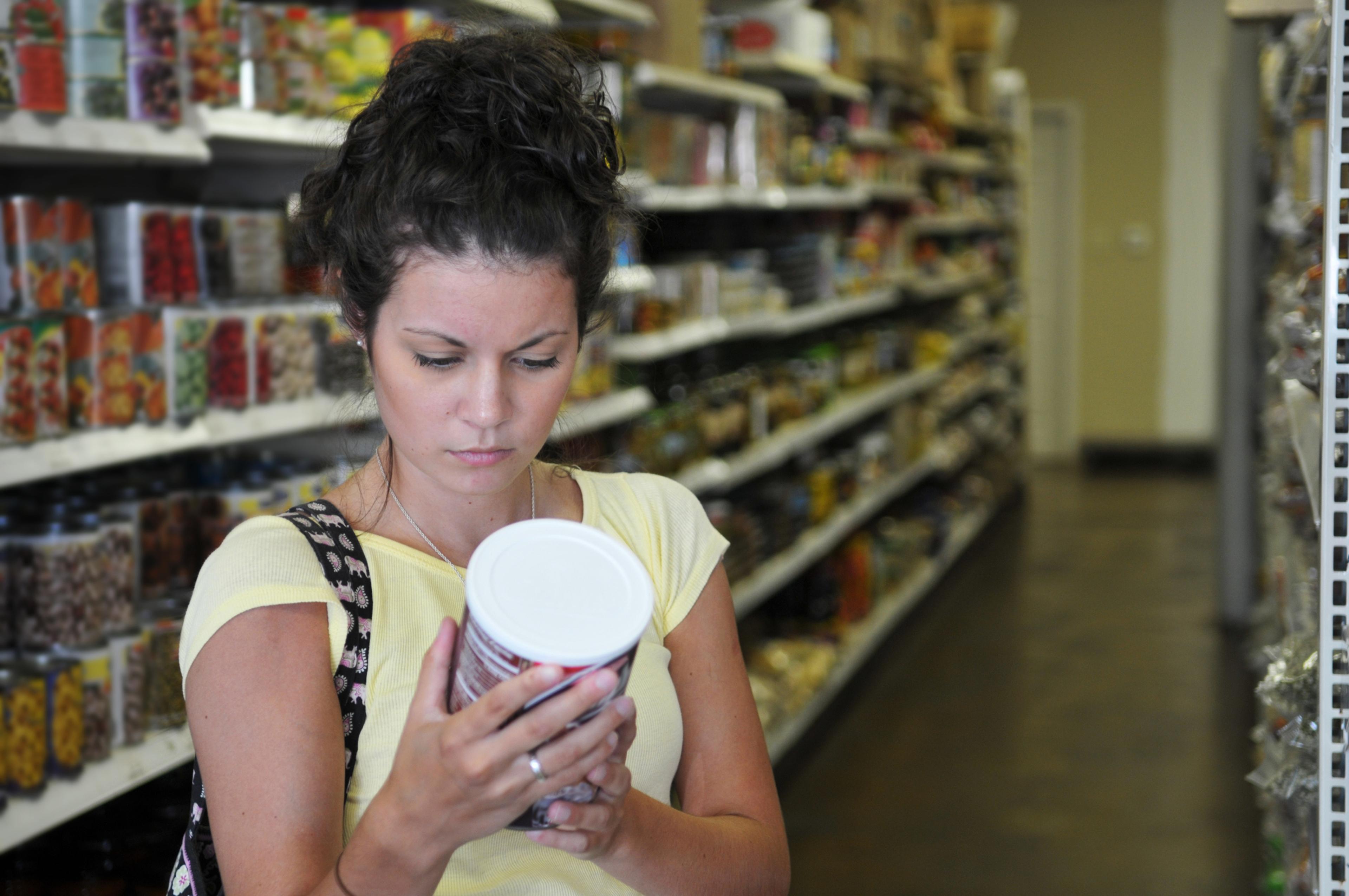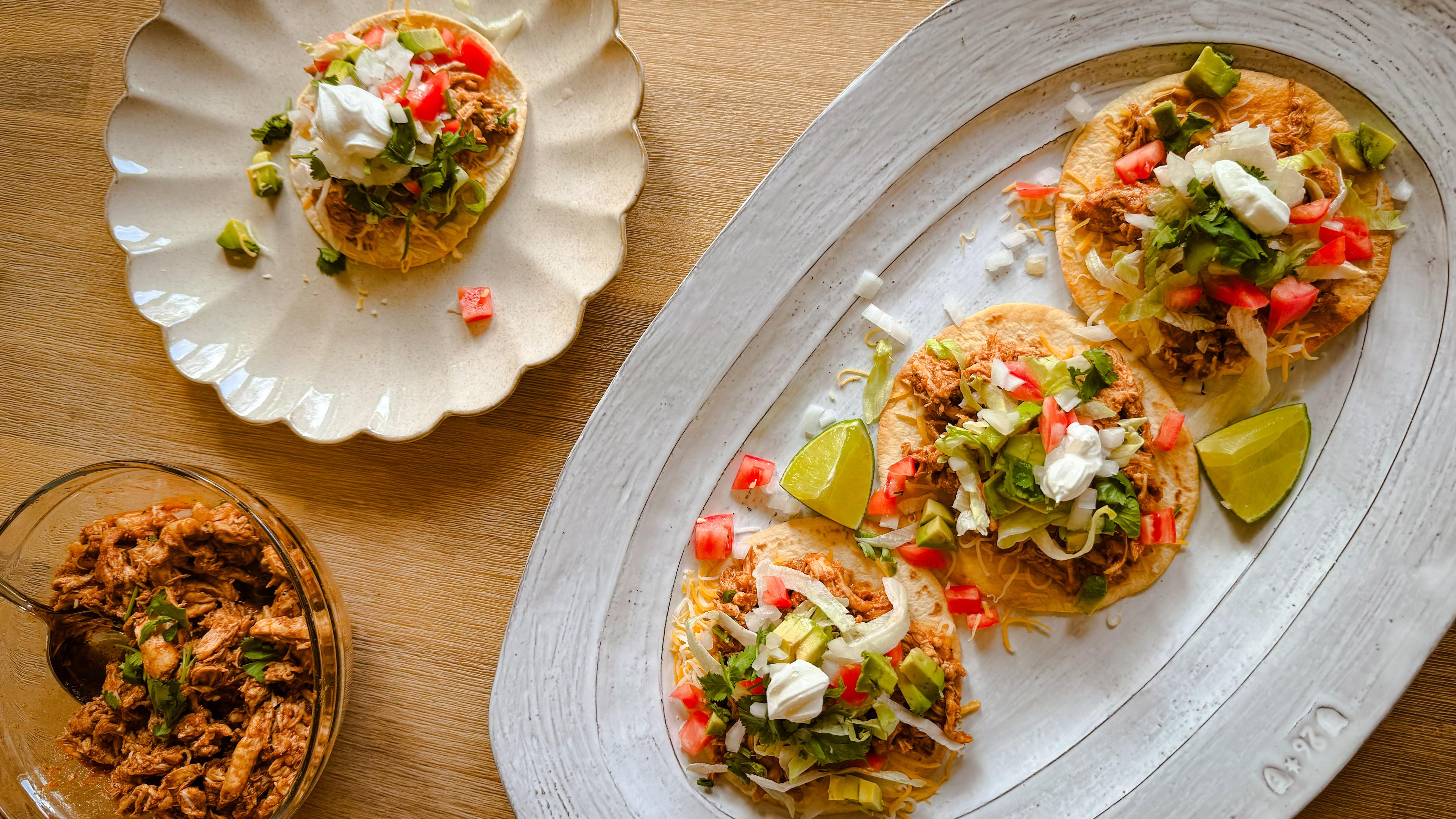Processed Food vs. Ultra-processed Food
Jake Newby
| 4 min read


Medically reviewed by Shanthi Appelo, MS, RD
When it comes to food, “processed” and “ultra-processed” are not interchangeable terms. Products that are processed are also not inherently unhealthy. A better understanding of the difference between these terms may change your approach the next time you shop for groceries.
What are minimally processed foods?
Food is considered processed any time it has undergone changes to its natural state, according to the National Institute of Health (NIH). Any raw agricultural commodity subjected to the following changes is considered processed:
- Blanching
- Canning
- Cleaning
- Chilling
- Chopping
- Cooking
- Crushing
- Cutting
- Dehydrating
- Drying
- Freezing
- Heating
- Mixing
- Packaging
- Pasteurizing
- Roasting
- Washing
These processes do not add substances like sugar, salt, oils or fats to the original food. The purpose of these processes is to extend the life of the food and allow for longer storage use.
For example, the pre-chopped celery stalks you see in the produce aisle are minimally processed. They aren’t loaded with preservatives, which you may associate with the word “processed.” They receive that label because they are chopped and washed.
What are processed foods?
NOVA defines processed foods as “relatively simple products made by adding sugar, oil or salt to certain foods.” Most processed foods include two or three ingredients that are added to increase the durability of foods, including:
- Bottled or canned vegetables, fruits and beans
- Canned fish
- Cheeses
- Cured or smoked meats
- Fruits in syrups, such as fruit cocktails
- Salted or sugared nuts and seeds
- Unpackaged, freshly made bread
Processed foods are more nutrient-dense than ultra-processed foods and are typically less refined with fewer additives, making them generally healthier than ultra-processed foods. Compared to minimally processed foods, the level of processing can vary. A processed food starts to become unhealthy when you see ingredients like these pile up on their labels:
- Added sugars, like sucrose, fructose high fructose corn syrup, dextrose and other sweeteners.
- Artificial preservatives
- Artificial sweeteners such as aspartame, saccharin and sucralose.
What are ultra-processed foods and drinks?
“Ultra-processed” is a relatively new term used to describe altered whole foods. The NOVA classification system defines ultra-processed foods as "snacks, drinks, ready-made meals and many other products created mostly or entirely from substances extracted from foods or derived from food constituents with little if any intact food."
These are foods that have undergone far more than simple, minimal-process procedures, such as cutting, dehydrating and freezing. Food that is ultra processed is often done so to make it more convenient, hyper-palatable and even addictive, according to studies. Examples include:
- Energy drinks
- Ice cream
- Frozen pizza
- Packaged deli meats
- Powdered or fortified meal substitutes
- Soda
Even some foods we consider “healthy” fall into the ultra-processed bucket, such as commercial trail mix made with sugary dried fruits and salted nuts, highly processed protein bars and veggie crisps. NOVA adds that products belonging to this food group are “intrinsically nutrient-unbalanced.” They are typically manufactured without the health of the consumer in mind. Ultra-processed foods are linked to health risks such as Type 2 diabetes, according to a new study.
Ranking foods from minimally to ultra-processed
A useful way to break these three categories down is to check out the Academy of Nutrition and Dietetics’ processed foods ranking, done from minimally to mostly to ultra-processed:
- Minimally processed foods, such as fresh blueberries, cut vegetables and roasted nuts, prepped for convenience.
- Foods processed at their peak to lock in nutritional quality and freshness including canned tomatoes, tuna, frozen fruit or vegetables.
- Foods with ingredients added for flavor and texture, such as sweeteners, spices, oils, colors and preservatives, include jarred pasta sauce, salad dressing, yogurt and cake mixes.
- Ready-to-eat foods like crackers, chips and deli meat, which are more heavily processed.
- The most heavily or ultra-processed foods include sweetened breakfast cereals, soda, energy drinks, artificially flavored crackers and potato chips, chicken nuggets and hot dogs.
Eating healthier takes a proactive approach. Read labels to ensure the foods you buy regularly aren’t chockful of additives and preservatives, like high fructose corn syrup, hydrogenated oils, food dyes and sodium nitrites. Start swapping out more packaged, ultra-processed foods with more minimally processed fruit, veggie and whole nut options. Look for food and drinks with a short list of ingredients. Additionally, consider discussing your diet with your health care professional for further guidance.
More health tips from A Healthier Michigan:
Photo credit: Getty Images





